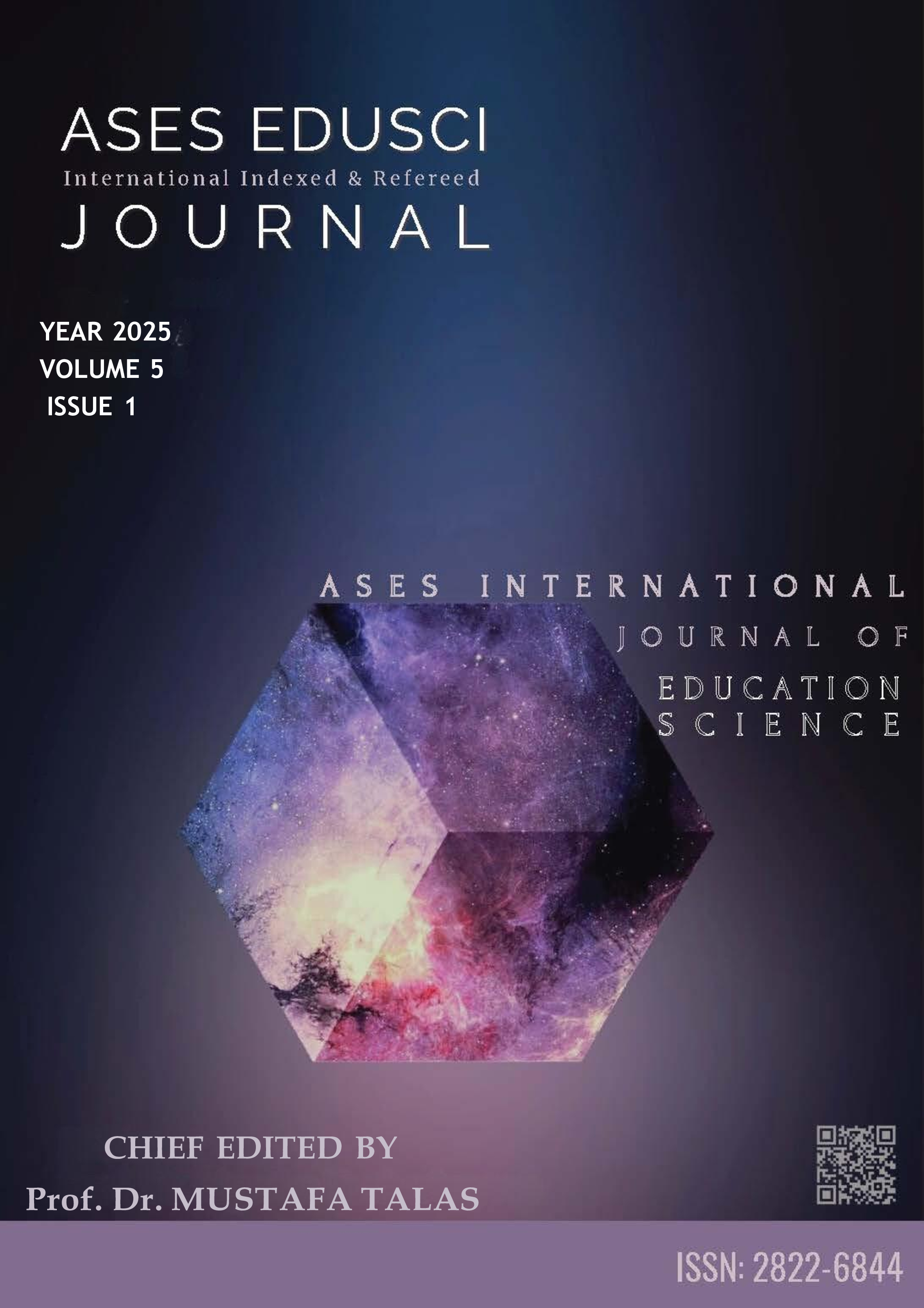A Review on the Use of Schema Therapy in Individuals Diagnosed With Anger Control Disorder
DOI:
https://doi.org/10.5281/zenodo.15718976Keywords:
Schema Therapy, Anger Control Disorder, ReviewAbstract
The aim of this review study is to examine how Schema Therapy (ST) is used in individuals with anger control disorders and to explore the direction of scientific findings in this field. No applied research was conducted within the scope of the study; instead, up-to-date information was collected by reviewing Turkish and English sources in the literature. Throughout the review process, studies addressing the relationship between anger and early maladaptive schemas were evaluated, and the effectiveness of ST in this context was analyzed. Findings suggest that ST may be an effective approach in improving anger regulation skills. In particular, schemas such
as “punitiveness,” “entitlement,” “emotional deprivation,” and “abandonment” were found to be influential in anger responses; interventions targeting these schemas were shown to help individuals express anger in healthier ways. Additionally, some studies indicate that ST can be applied in both group and individual formats, and that the inclusion of experiential techniques enhances therapeutic impact. ST’s capacity to foster long-term insight, improve emotional awareness, and restructure past experiences contributes to lasting improvements in anger control. Based on all this evidence, it is concluded that ST is an effective psychotherapy method for individuals experiencing anger regulation difficulties.
References
Askari, I. (2019). Early maladaptive schemas and cognitive-behavioral aspect of anger: Schema model perspective. Journal of Rational-Emotive & Cognitive-Behavior Therapy, 37(3), 262–283. https://doi.org/10.1007/s10942-018-0311-9
Aydın, Ş., & Arcan, K. (2021). Öfke kontrol sorununun bilişsel ve davranışçı psikoterapisi: Bir olgu sunumu. AYNA Klinik Psikoloji Dergisi, 8(1), 91–110. https://doi.org/10.31682/ayna.785789
Çakırca, F. (2020). Kişilerin erken dönem uyumsuz şemaları ve öfke kontrol düzeyleri arasındaki ilişkinin incelenmesi (Yüksek lisans tezi, İstanbul Gelişim Üniversitesi, Sosyal Bilimler Enstitüsü). İstanbul Gelişim Üniversitesi Açık Erişim Sistemi. https://acikerisim.gelisim.edu.tr/xmlui/bitstream/handle/11363/2238/624221.pdf
Erdoğdu, M. (2018). Erken dönem uyum bozucu şemalar ile sürekli öfke ve öfkenin ifade ediliş biçimi arasındaki ilişkiler (Yüksek lisans tezi, Ankara Üniversitesi Sağlık Bilimleri Enstitüsü). Yükseköğretim Kurulu Ulusal Tez Merkezi. https://acikbilim.yok.gov.tr/bitstream/handle/20.500.12812/73319/yokAcikBilim_10203746.pdf?sequence=-1&isAllowed=y
Erdoğdu, M., & Kışlak, Ş. (2023). Psikotravmatolojik açıdan öfkeyi yordayan şema alanlarının incelenmesi. Journal of Advanced Research in Health Sciences, 6(1), 108–116. https://doi.org/10.26650/JARHS2023-1172505
Gündoğmuş, A. G., Doğan Bulut, S., & Şafak, Y. (2019). Şema terapi perspektifinden eş şiddeti. Bilişsel Davranışçı Psikoterapi ve Araştırmalar Dergisi, 8(2), 117–127. https://doi.org/10.5455/JCBPR.1930
Haspolat, A., Anafarta Şendağ, M., & Şendağ, M. (2018). Öfkeyi yordamak: Bağlanma ve öfke boyutları arasında erken dönem uyumsuz şemaların aracı rolü. Türk Psikoloji Dergisi, 33(82), 34–48.
Köse Karaca, B., & Ateş, N. (2019). Yaygın kaygı bozukluğu ve öfke kontrol probleminde şema terapiyi kullanmak: Bir vaka üzerinden anlatım. AYNA Klinik Psikoloji Dergisi, 6(2), 169–182. https://doi.org/10.31682/ayna.438346
Soykan, Ç. (2003). Öfke ve Öfke Yönetimi. Kriz Dergisi, 11(2). https://doi.org/10.1501/Kriz_0000000192
Özer, A., & Görgülü, Z. (2020). Bir bilimsel derlemenin planlanması ve yazımı. Erzincan Üniversitesi Eğitim Fakültesi Dergisi, 23(3), 699–714. https://doi.org/10.17556/erziefd.819971
Özmen A (2023) Anger and psychological symptoms relationship: mediator role of maladaptive schemas. Front. Psychol. 14:1183618. doi: 10.3389/fpsyg.2023.1183618
Parandin, P., Mousazadeh, T., Kazemi, R., & Nazari, V. (2024). The effectiveness of schema therapy on anger management and rumination in married women with high marital dissatisfaction. Applied Family Therapy Journal, 5(4), 174–182. https://doi.org/10.61838/kman.aftj.5.4.19
Tatlılıoğlu, K., & Karaca, M. (2013). Öfke olgusu hakkında sosyal psikolojik bir değerlendirme. The Journal of Academic Social Science Studies, 6(6), 1101–1123. https://doi.org/10.9761/JASSS1691
Türkçapar, H., Güriz, O., Özel, A., Işık, B., & Dönbak Örsel, S. (2004). Antisosyal kişilik bozukluğu olan hastalarda öfke ve depresyonun ilişkisi. Türk Psikiyatri Dergisi, 15(2), 119–124.
Van Wijk-Herbrink, M. F., Lobbestael, J., Bernstein, D. P., Broers, N. J., Roelofs, J., & Arntz, A. (2021). The influence of early maladaptive schemas on the causal links between perceived injustice, negative affect, and aggression. International Journal of Forensic Mental Health, 20(2), 133–149. https://doi.org/10.1080/14999013.2020.1842562
Downloads
Published
How to Cite
Issue
Section
License
Copyright (c) 2025 ASES EDUSCI (INTERNATIONAL JOURNAL OF EDUCATIONAL SCIENCES) ISSN: 2822-6844

This work is licensed under a Creative Commons Attribution-NonCommercial 4.0 International License.


